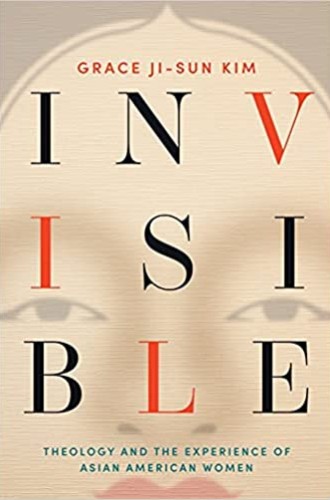Grace Ji-Sun Kim’s theology of visibility
When Asian American women are rendered invisible, the whole church is diminished.
In some theological circles, to write about one’s personal life in academic discourse is to rank experience above doctrinal authority, the perceived fallacy of liberal experiential expressivism. Prolific author and podcaster Grace Ji-Sun Kim has long resisted this perspective, joining the likes of Paul, Augustine, and Teresa of Ávila in the esteemed practice of theological autobiography.
In Invisible, Kim also joins the likes of Christine Downing, Mary Daly, and bell hooks in the feminist practice of viewing women’s experiences of oppression, racism, and xenophobia as intersectional. Kim’s provocative contribution to this conversation documents how invisibility has profoundly marked the social history of Asian Americans, especially Asian American women. For individuals, this invisibility manifests in the everyday experiences of not being recognized, being dismissed, or being stereotyped as meek and submissive. At a larger level, it manifests in the reality that discussions about racism mainly focus on Black and White people, leaving Asian Americans out of the discourse.
Kim addresses invisibility as a theological construct present in the biblical narratives of “foreign” or “no-name” women and lepers. She weaves in her own story of the racism she experienced when her family emigrated from Korea to Canada. As a child she was taunted, called menacing racist names, and excluded. The lingering shame, anger, and sadness fuel her passionate work.






